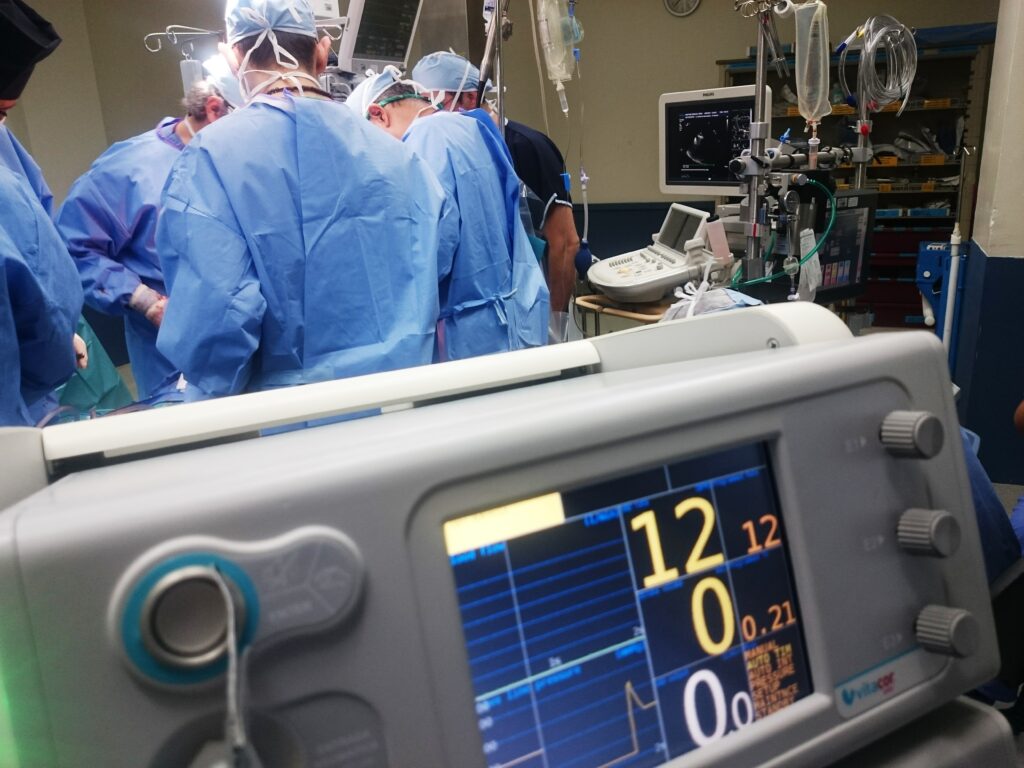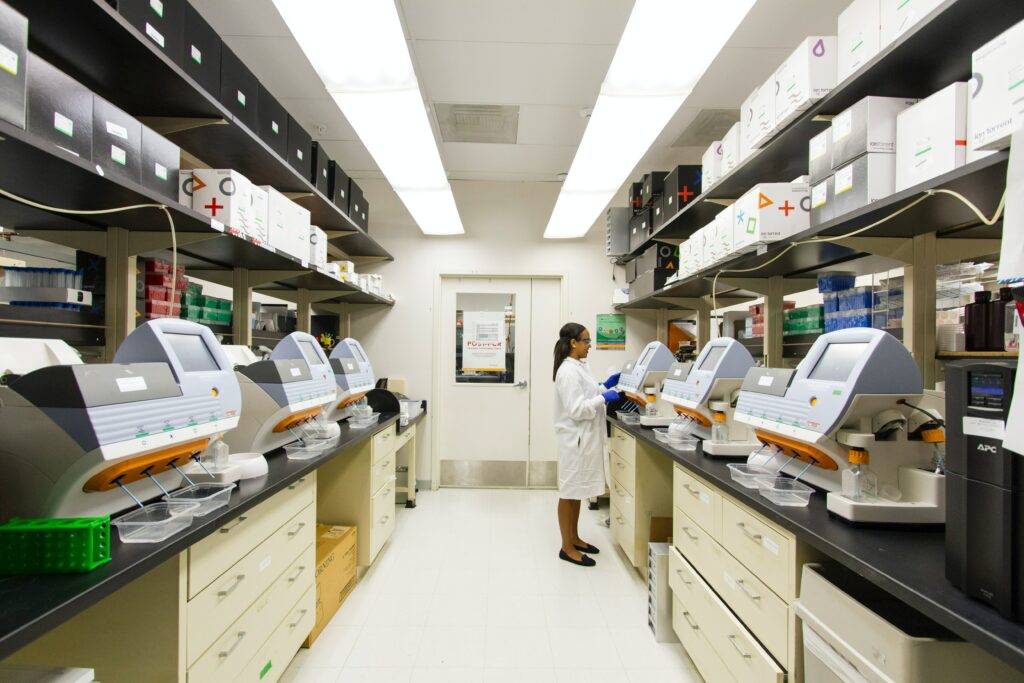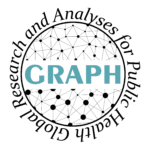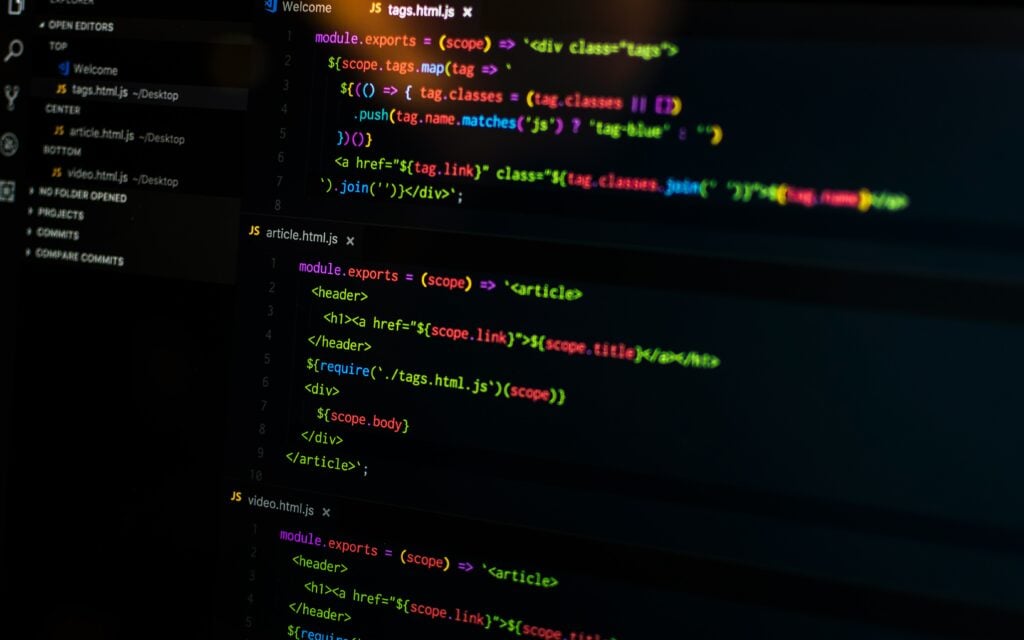How to transition your career to data science: from public health to health data analysis.


Changing your career to data science is easier than you think. Here’s our take on how to do it!
Have you been thinking about expanding your skills into programming and data analysis? That’s great! Data science and analytics are one of the most coveted career paths in 2023 and trend watchers predict this tendency is only going to rise. No surprise there – a rapid increase in our online footprint, especially after the pandemic, when businesses moved online, triggered a massive influx of data. Challenges coming with analyzing that data is what pushed us, the GRAPH Network, to create affordable courses in data science for health professionals.
We need data professionals
Every industry and sector, whether private or public, produces and processes large amounts of data on a daily basis and is ready to pay well to people who can make sense of it. Business analysts are unanimous: accurate data analysis leads to making smarter decisions, leading smoother operations, and yields better results. In the public sector such as healthcare or migration, fast and rigorous data analysis is crucial for the timely and accurate provision of the most needed services. But how to make the first step toward that transition?
Data is already a big part of healthcare
If you’re a health professional, you are already immersed in the data world. As a physician, allied health professional, or member of a public health advisory board, you are likely to interact with data sets in your daily work. Whether you manage patient records, epidemiological reports, or public health policies you must be able to read and understand and interpret them. There’s no doubt that the importance of data analysis for health-related professions is on the rise. Providing accurate diagnosis, treatment, disease surveillance, and prevention presents a constant challenge in an increasingly mobile and interconnected global society. Numerous research projects led by global governmental institutions and NGOs strive to collect relevant data to formulate guidelines and regulations in real-time. It’s safe to say that by having a background in health sciences you’re halfway there to becoming a data scientist.

Programming is less hard than you might think
Contrary to popular belief, programming is not reserved for geniuses only, and becoming a developer doesn’t require superhuman powers. As with every skill, it can be learned! Unfortunately, many of us, who at some point wanted to pursue that career path simply didn’t have access to good resources and nobody gave us a push in the right direction. Luckily, it’s never too late to chase your dreams! Today we are flooded with free and affordable resources to kick-start our learning journey. You don’t need a costly, demanding, and time-consuming degree in software development or data science. Our GRAPH courses are free and contain over 9 hours of course video materials and over a 100 coding challenges. What counts on the market are job-ready skills and proven experience in completing end-to-end projects. Many self-taught data scientists confirm that broadcasting what they can do, rather than showing certificates they earned, has helped them land their first contracts.
Reach to online sources
Learning data science has never been easier. There are a plethora of online courses, tutorials, e-books, podcasts, media articles, and blog posts that teach the foundations of data science and help to build skills from the ground up. What is more, they are often produced by people who at some point transitioned to data science from a completely different field such as finance, medicine, or customer experience. They are aware of the hurdles and knowledge gaps and made enough mistakes in creating their learning journey, so you don’t have to. Many have created a learning community where people can support each other and profit from feeling accountable to others. Also, knowing that there are other people who started from scratch and made it to where we want to be, is incredibly encouraging. The path has been cleared – we just need to follow it.
How to get there? Build on what you already know
There are several bulletproof steps that will lead you from A, which is your current career, to B, which is your first data science job. The good news is, likely you already have more than half of the expertise your future boss is going to require from you, simply thanks to your existing professional experience. The domain knowledge you’ve gained working as a journalist, public health advisor, or customer experience specialist will only help you become successful in the right position as a data analyst.

Six simple steps to transition to data science
Data science is an incredibly broad field and there is no one-size-fits-all career transition scenario. First, you need to assess your existing skills and scope of knowledge. As a health professional, you are likely to have a specific skill set focused on a narrow domain, such as the ability to read and critically assess clinical trials, write policies and health guidelines, or manage databases. Think how this expertise could be merged into your new data science skills. Second, you need to learn what’s one the market and what positions might be suitable for you. Perhaps you already have a dream job in mind? Examine what hard and soft skills you need to develop in order to become a competitive candidate. Once you know what you want and where you want to go, you need to create a learning plan. Take time to find suitable resources and don’t get overwhelmed by the sheer quantity of materials available out there. Find out what works for you: whether you prefer to learn from videos, graphic materials, or a written script. Next, remember to put your knowledge into practice right away – after all, data science is a practical field and projects are the best way to demonstrate your skills. And don’t keep them to yourself only! Share what you’ve done online: use social media, start a blog, a YouTube channel, or any other medium you like. When you have a finished project, don’t hesitate to create a shareable portfolio that you can attach to your emails and applications.
A career switch is not easy, and it often makes us feel inadequate. We’re starting completely from scratch and the amount of work seems overwhelming. But it’s also exciting and rewarding! As we watch ourselves progress and build our expertise, we gain more and more confidence in our skills and by becoming part of a community we can share small and bigger milestones with other learners. Nothing unites as well as a common goal – and is there a better one than making your dream come true?
We don’t think so. So don’t hesitate and start now.
At the GRAPH Network (part of the Institute of Global Health at the University of Geneva) we know that access to credible resources is hard when you’re on a budget. We believe in creating equal educational opportunities for everyone and facilitating your professional development. That’s why we designed a cutting-edge online courses in R programming for health professionals that are available for FREE. Simply follow the link to create your account and start browsing over 9 hours of course videos and 1000 pages of course materials: scripts, charts and programming challenges.
Head over here to check our courses: https://thegraphcourses.org/courses-portal/
Or follow this link to access our YouTube channel: https://www.youtube.com/watch?v=jIU920azbzU&list=PLkkleDPMR2sWsPxXy6EQSsy_gkR8g9T68
Interested in a more personal approach to learning with live sessions, workshops, and a community of like-minded people? Take up your six steps to becoming a data science by enrolling in our premium course “R Basics & Beyond: Introduction to Health Data Analysis” which kicks off on May 2.
You can find all the information about R Bootcamp here: https://thegraphcourses.org/r-bootcamp/
Or you can simply sign up here: https://thegraphcourses.org/register-for-the-r-bootcamp-course/


